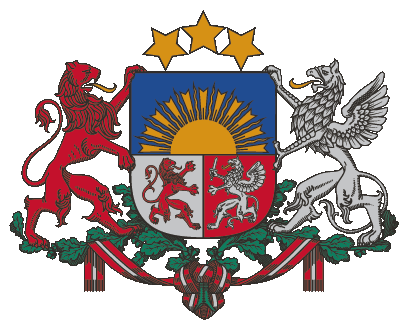In order to identify potential problems that may arise for local and regional governments by combining information and communication technology (hereinafter - ICT) systems in the course of administrative-territorial reform (hereinafter - reform) timely, the State Audit Office conducted extensive case study in 117 local and regional governments and is providing its conclusions and recommendations currently to the local and regional governments involved in the amalgamation process. The 43 existing local and regional governments or 10 out of 28 newly formed regions have addressed their need for such information to the State Audit Office. At the same time, the State Audit Office has sent the conclusions and recommendations of the case study to all local and regional governments involved in the study.
When performing financial audits for 2019, the State Audit Office has examined the situation in terms of ICT in all local and regional governments, except Riga and Jurmala. The assessment aimed at identification of potential risks related to the availability and operation of information systems (hereinafter - IS) required for the performance of municipal functions in order to draw attention of local and regional governments to the necessary preparations for identifying, merging and planning further management of IS and ICT resources.
Between February and March 2020, the State Audit Office invited local and regional governments to fill in a questionnaire by indicating information on ICT management, development planning and budget, ICT resources, used IS and their functionality, and interconnection, as well as ICT procurement procedures, accounting, outsourcing, and data ownership.
The results of the case study show that the reform will unite local and regional governments with different ICT management models (centralised, semi-centralised, or decentralised), different IS and software for the provision of the same function, differing ICT resource placement, different IS security classes, as well as different computer network management methods, and user rights restrictions.
With a request for the results of the case study, the local and regional governments have addressed the State Audit Office, which will further form the regions of Jēkabpils, Rēzekne, Saldus, Sigulda, Smiltene, Cēsis, Augšdaugava, Ogre, Dienvidkurzeme, and Ludza. The Jēkabpils City Municipality has already voiced positive feedback on the information collected by the State Audit Office, which was the first to request and receive the data.
The administrative-territorial reform envisages the formation of 42 administrative territories instead of the existing 119 administrative territories, wherefrom 14 local and regional governments will be preserved and 28 new ones will be formed, which the changes will affect the most. We have provided information on the ICT environment identified in local and regional governments to eight of the 28 newly established local and regional governments currently.
